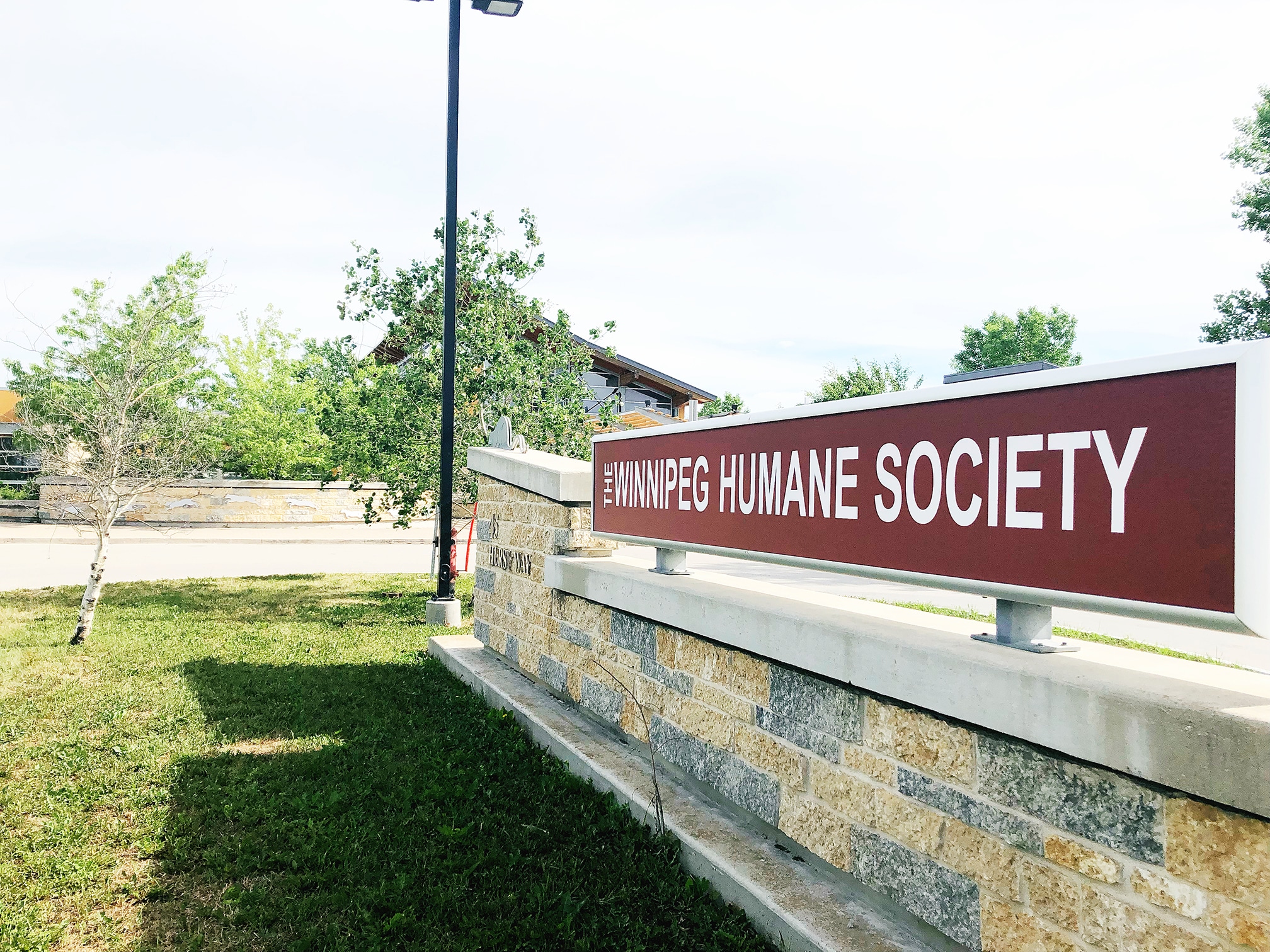
CEO Blog: Share your voice with our 2019 Community Consultation Survey

As summer comes to a close and we return to our daily routines, it is also the time of the year in which we pause at your Winnipeg Humane Society to ask you, our friends and supporters, three very important questions as part of our 2019 Community Consultation:
- How are we doing?
- How do we prioritize our current goals?
- What new activities or actions you think the WHS should tackle?
This consultation includes our donors, volunteers and staff, as well as our supporters in various social media platforms. You care about animals. You care about the role of charities in assisting animals in need and advocating for them. It is our job to make sure you see your voice and ideas reflected in our actions.
You can access our 2019 Community Consultation survey here.
If you have a few minutes to read on, I would like to share with you the progress we have made in responding to the critical areas of activity you told us were very important last year:
Continue to reduce euthanization rates
We are pleased to report that currently, unless an animal is in extreme pain, has an incurable disease or poses a high risk to the community, we commit to find live outcomes for every pet that we accept into our shelter. This includes improvements in the way we house and enrich the lives of the animals living in the shelter.
Another key action to reduce euthanasia is to keep pets with their human caregivers. We have created a new area in our Behaviour Department, so we can tackle questions about animal behaviour, give quick advice, and if needed scheduled a one-on-one consultation. That way human caregivers can try to address potential concerns instead of surrendering the pet to an animal shelter or rescue.
Find ways to adopt animals faster, so we can make room for more pets needing to enter our facility
While euthanasia is of course an important metric, there is another one that is even more crucial: length of stay. Domestic pets are not meant to live in animal shelters. If they don’t find a new forever home soon their stress levels increase which leads to sickness or behaviour problems. We are trying very hard to promote adoptions without sacrificing the proper due diligence, while still matching the right pet with the right human.
Make spay and neuter affordable and expand our presence in Winnipeg’s most vulnerable areas
Thanks to the City of Winnipeg “Fix It Grant” which comes from licensing fees, we are now able to offer cat spay and neuter surgeries for $10 for low income households. We are also able to support a community outreach office located at 1051 Main Street. We have broken new records when it comes to spay and neuter surgeries (over 3,000 this year to date!) and the outreach office has greatly expanded services with a community classroom offering free or low-cost behaviour training and tips to enhance the animal-human bond. Our behaviour classes have been sold out and we plan to offer a low-cost vaccination clinic, if funding can be secured.
Strongly enforce Animal Welfare laws
Cruelty investigations are at an all time high in Winnipeg, and violence is also on the rise. The growth in cases in the last 3 years average 10% and we are poised to surpass 2,000 investigations in the next year. We need to support the Investigations and Emergency Response Department (IER), whose team members work so hard to protect animals. To that end, we have acquired new vehicles outfitted to better deal with emergencies and transport of injured animals. We are also building a new central office space, so our Animal Protection Officers and Humane Officers have the room they need to properly do their jobs. Right now, they have a tiny, noisy office and there are not enough computers for them to prepare cases to go to prosecutors.
Because of recent episodes of violence, we are also adding improved communication tools and GPS services to make sure our team is as safe as they can be. The work of the IER Team is remarkable, the things they see are extremely hard to witness, and we must provide them with the tools they need to protect animals and stay safe.
We are grateful to the Province of Manitoba for trusting our team to conduct investigations and for the financial support we receive to do that important work.
Advocate and educate for the welfare of ALL animals
From farm animals to exotics to dog overpopulation in remote areas of our Province, animals are suffering. The Winnipeg Humane Society has hired an Animal Welfare Consultant whose role is to research animal welfare issues, prepare position statements and coordinate our public efforts to educate the public and ask for changes to enhance the lives of all animals. We are committed to always present a balanced, well-researched and respectful view on animal welfare. This is based on the core values of the Humane movement: that animals should be able to express all their natural behaviours, they have a right to live by the 5 freedoms of animal welfare; and humans should not confine or exhibit wildlife just for enjoyment. We have been more active and more vocal than ever before, and we hope our voice will make a difference in the well-being of animals in Manitoba and beyond.
Partner with animal rescues to offer more services to remote communities
While the vast majority of pets in southern Manitoba, especially in large centres, live a very privileged life, we have thousands of dogs in remote areas of our Province without access to veterinary care and surviving in very harsh conditions. This is not the fault of these communities, who struggle with many social and economic ailments. Many animal rescues have established excellent, respectful relationships with these communities in need. You wanted us to do more for these dogs, and to be an honest and open partner with the animal rescues already operating in these areas. We are pleased to report that in the past 12 months we have tripled the number of spay/neuter clinics for northern/remote communities. We have also started a pilot program, which includes a Remote Clinic Coordinator whose task is to recruit more volunteers, work with all animal rescues, and aim to have at least one remote clinic per month. This is in order to expand spay/neuter efforts and start making a meaningful dent on this problem.
What would the future of the WHS look like? The answer is in YOUR hands. Please help us shape our role in the community. Once again, here is the link to the survey.
The consultation page will be open until Friday, October 4th. Please take a few minutes to respond.
Thank you in advance for your commitment, your compassion and your trust.
In service,
Javier Schwersensky
WHS CEO and proud member of the WHS team

